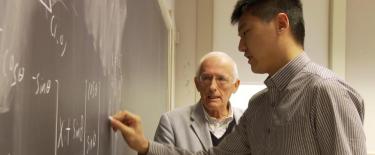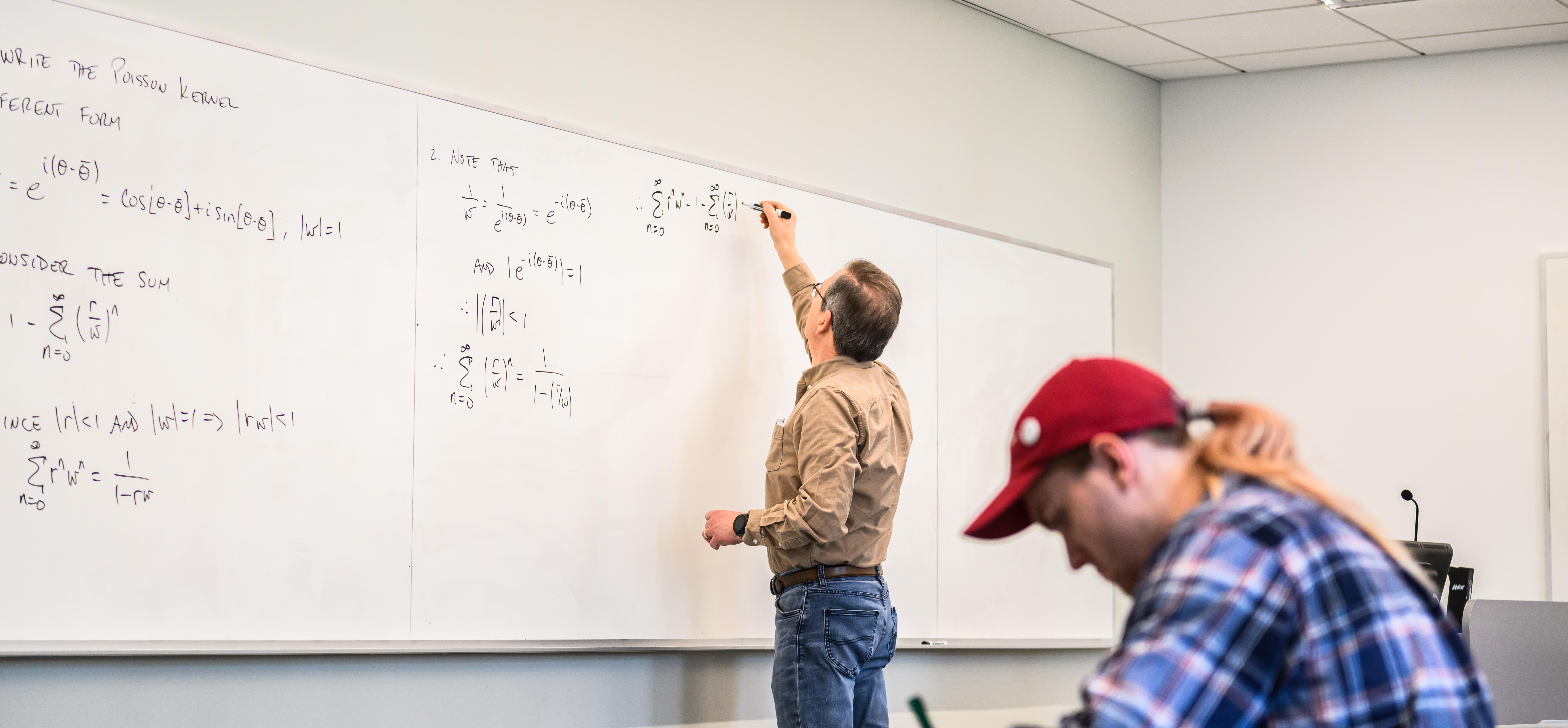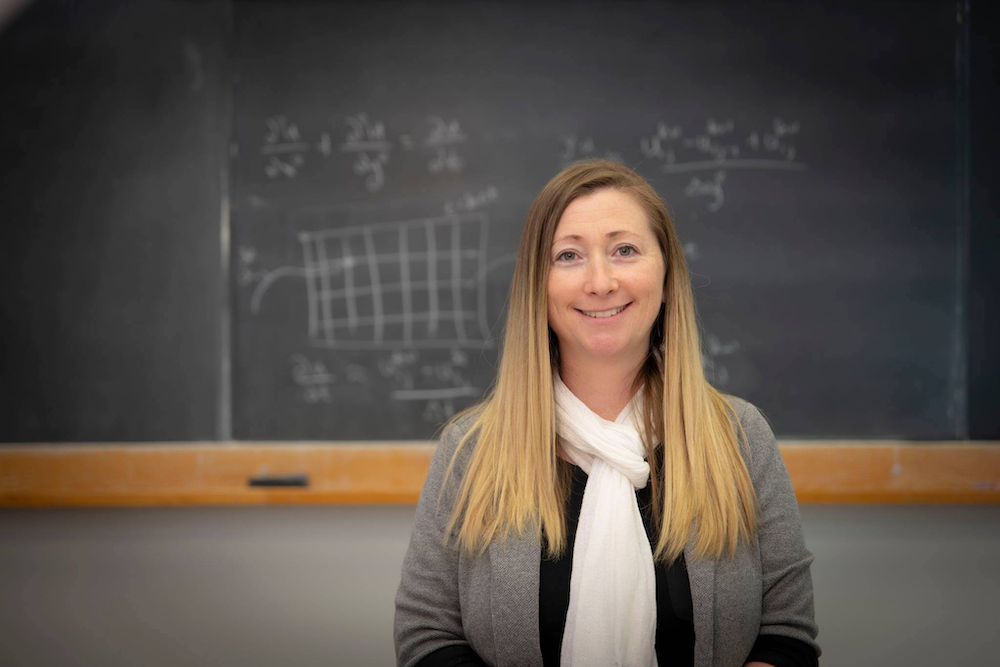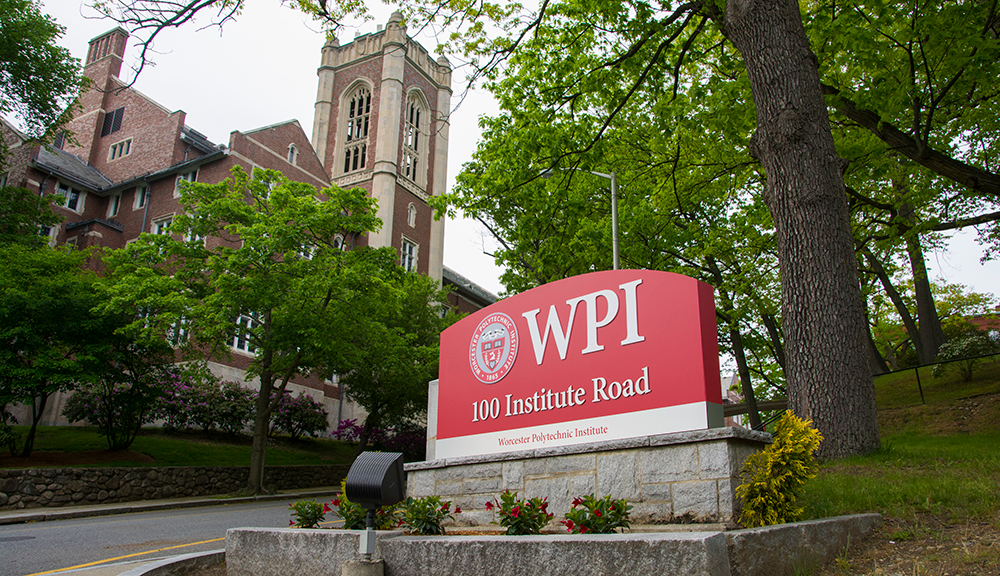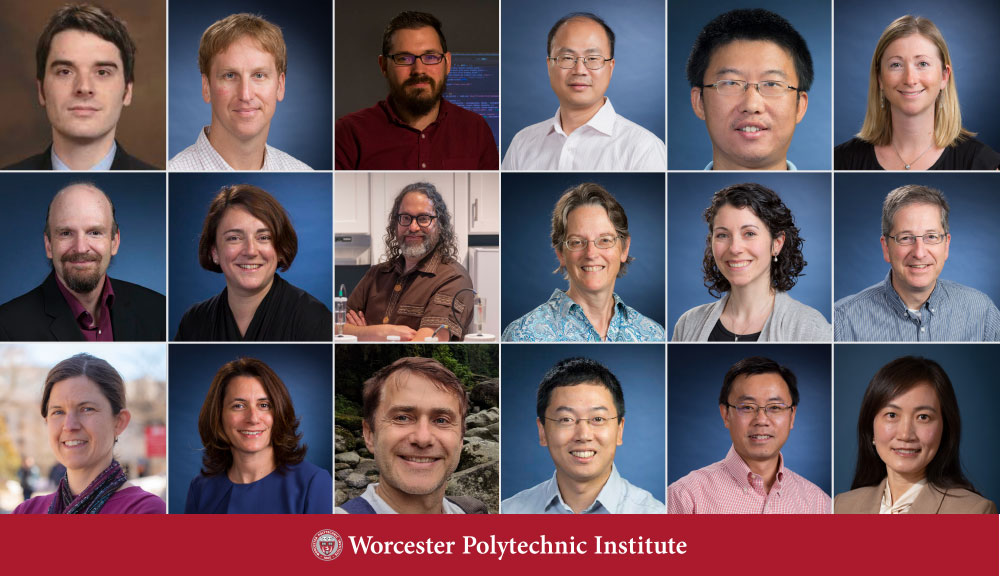World-renowned mathematician Umberto Mosco, the Harold J. Gay Professor of Mathematical Sciences at Worcester Polytechnic Institute (WPI), has been elected a Fellow of the American Mathematical Society (AMS).
The first WPI faculty member to receive this honor, Mosco is one of 65 new fellows elected for 2017 by AMS, the 128-year-old society that has more than 30,000 members around the world. He was honored for "contributions to analysis and partial differential equations, in particular for introducing a theory of variational convergence."
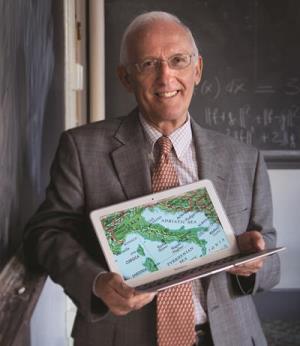
Mosco joined WPI in 2005 after a
distinguished career in his native Italy.
“This is both an extraordinary and well-deserved recognition of Professor Mosco’s manifold contributions to pure and applied mathematics,” said Bruce Bursten, WPI Provost. “We are very proud that Umberto has been acknowledged by the AMS for the breadth and depth of his research, and congratulate him on this prestigious honor.”
Mosco joined the WPI faculty in 2005 after 34 years as a faculty member at the University of Rome (including 31 years as a full professor), where he developed an international reputation with his groundbreaking research. Some have called his publication list a virtual history of the field of nonlinear analysis. He has published more than 100 papers covering the fields of partial differential equations, convex analysis, control theory, variational problems, and homogenization.
He is known worldwide for developing the ‘Mosco Convergence,’ which is widely recognized by researchers and students in the areas of analysis, calculus of variations, and partial differential equations and stochastic processes, and which is now a standard concept in variational calculus textbooks. In his recent work he has aimed to invent a new form of calculus based on fractal curves by forging a link between calculus, discrete mathematics, and analysis.
